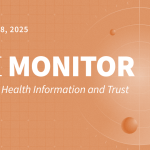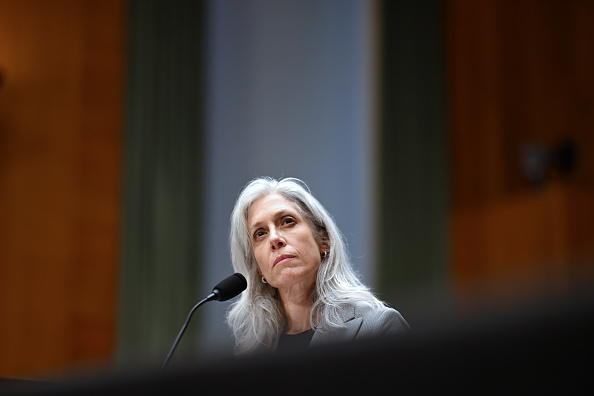
Putting SDOH Data to Work for Systems and Patients
For healthcare leaders, actionable SDOH insights are key to advancing equity and improving patient outcomes….

For healthcare leaders, actionable SDOH insights are key to advancing equity and improving patient outcomes. By investing in comprehensive engagement strategies and leveraging technology, the healthcare industry can build trust, address barriers to care, and ensure that no patient falls through the cracks. The post Putting SDOH Data to Work for Systems and Patients appeared…

[Sponsored] With carrier-added and noncarrier-added versions available, the right supplier can make the difference between a program that stalls and one that successfully reaches patients. The post The Top-Rated Suppliers of Lu-177 for Cancer Research appeared first on MedCity News.

Cybersecurity is no longer a function managed in the IT department’s back office. It’s a front-line brand issue, with real implications for patient satisfaction and loyalty. That means providers need to rethink how they talk about security. It’s no longer enough to be secure; you must communicate security clearly. The post Why Cybersecurity Is Now…
From Hwang, Jakob and Squires (2025) in AER: Insights: Cousin marriage rates are high in many countries today. While previous studies have documented increased risks of infant and child mortality, we provide the first estimate of the effect of such marriages on life expectancy throughout adulthood. By studying couples married over a century ago, we…

This volume examines how prompting techniques can reduce incorrect medical information from AI chatbots; false claims linking vaccines to sudden infant death syndrome; the promotion of an industrial solvent as an allegedly suppressed cancer cure; misunderstandings about the risks of overdose from fentanyl exposure; and ongoing myths about sunscreen safety.

By GREGORY HOPSON There is no doubt Robert F. Kennedy, Jr. is sincere about wanting to make the world a better place. The Hudson River cleanup, which he helped lead, is one of the most successful environmental achievements in the United States. It had bipartisan support, set global standards, and earned the highest compliment: imitation….

EVERSANA is merging with Waltz Health under the EVERSANA name. Mark Thierer, co-founder and CEO of Waltz Health, will serve as the CEO of the combined company. The post EVERSANA, Waltz Health Merge to Create $6B Prescription Drug Company appeared first on MedCity News.

Zemcelpro, a cord blood-sourced cell therapy developed by startup ExCellThera, received conditional marketing authorization in Europe as a treatment for blood cancer patients who can’t find a matched donor. It’s the first cell therapy approved in Europe for this group of patients. The post European Commission Approval Gives Blood Cancer Patients a New Cell Therapy…

Susan Monarez has left her role as CDC director after less than a month — the shortest tenure in the agency’s history — following reported clashes with HHS Secretary Robert F. Kennedy Jr. over vaccine policy. This news comes amid a period of turmoil at the CDC, including a recent deadly shooting at its headquarters….
Not really. At least according a study by Wilson et al. 2025 in Science. In 11 studies, we found that participants typically did not enjoy spending 6 to 15 minutes in a room by themselves with nothing to do but think, that they enjoyed doing mundane external activities much more, and that many preferred to…